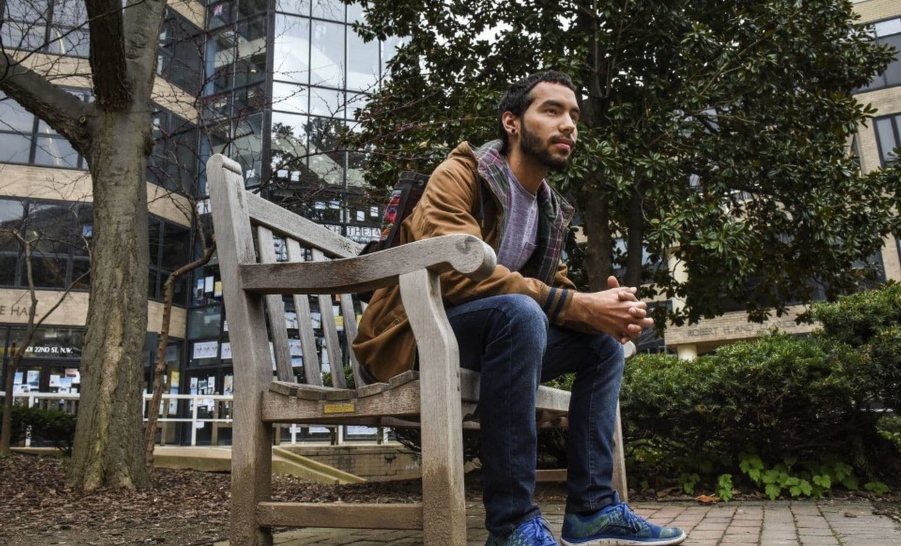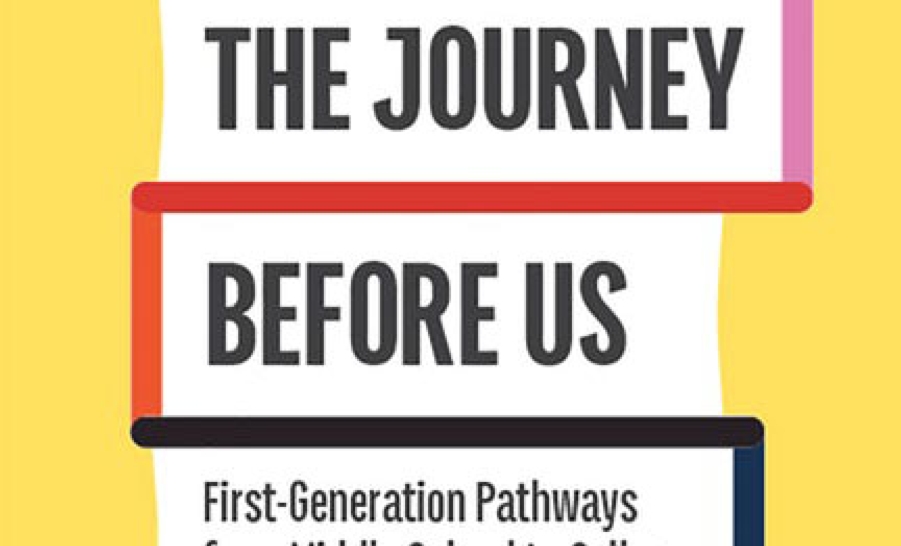Ensuring Success Among Students: Developing a Unified Community of Support
This study of integrated programs at several California State University campuses indicates that successful integrated programs are effective because they create what we term a unified community of support for students, faculty, and staff.






